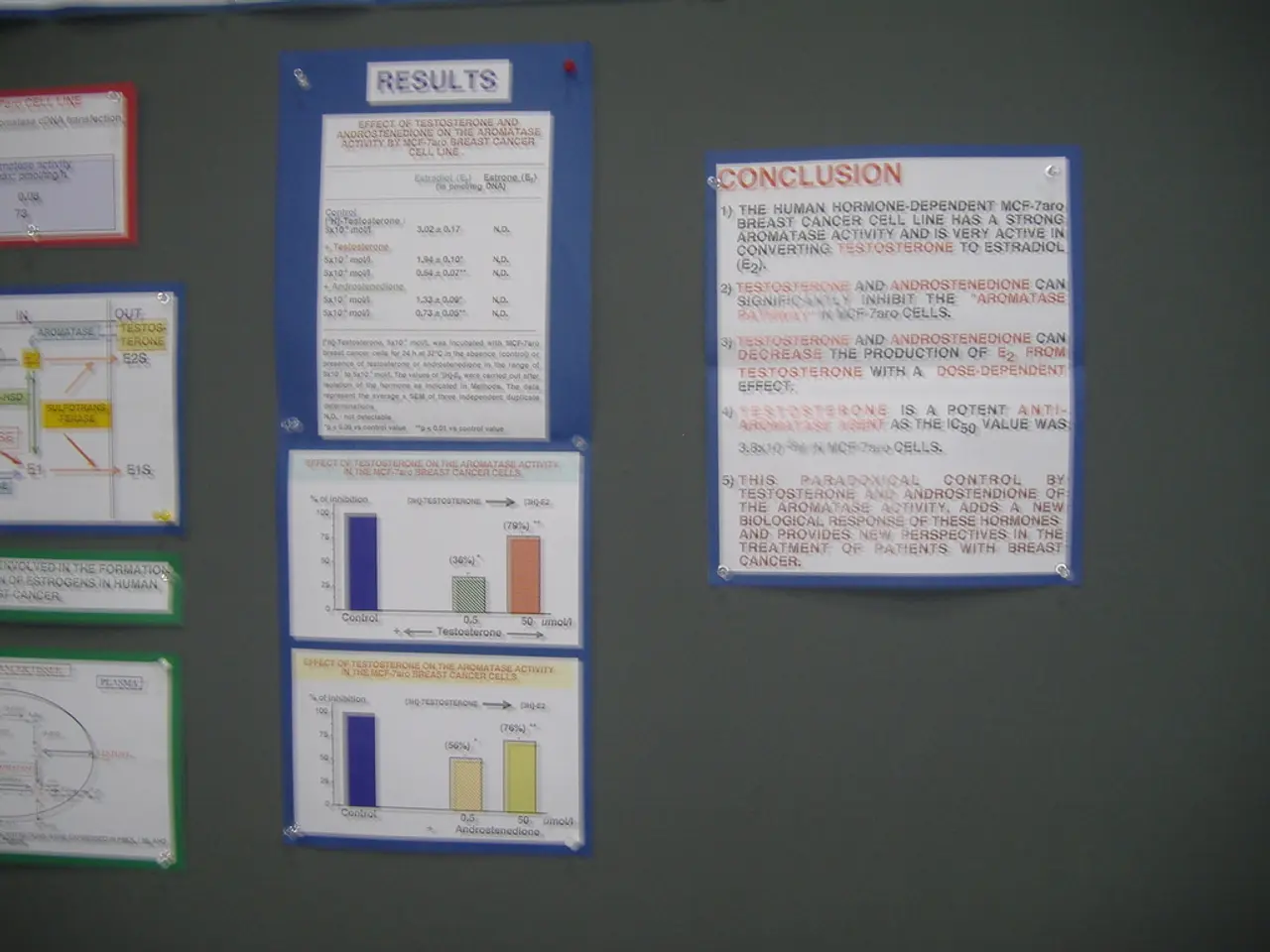Student Emotions and their Impact on Note-Taking Accuracy and Summarization during Learning with ITSs
In a recent study, the focus was on self-regulated learning processes during note-taking and summarizing within intelligent tutoring systems (ITS), such as MetaTutor. The research revealed that emotions play a crucial role in these learning processes, influencing not only engagement and persistence but also the accuracy of note-taking, summarizing, and ultimate learning gains.
Academic emotions, both positive and negative, have a direct and indirect influence on academic achievement, including learning gains in complex domains. For instance, enjoyment directly predicts higher GPA (a proxy for learning gain) in university students, with additional indirect effects mediated by psychological flexibility—a person's capacity to adapt to changing situational demands. Conversely, negative emotions such as boredom or frustration can impair performance, motivation, and even lead to dropout or disengagement with material.
Psychological flexibility acts as a mediator between academic emotions and learning outcomes. Students who experience positive emotions are more likely to demonstrate higher psychological flexibility, enabling them to adapt their learning strategies effectively in response to challenges. This adaptability likely enhances both the accuracy of note-taking and summarizing, leading to better learning gains.
Engagement, often spurred by positive emotions, typically leads to more thorough and accurate cognitive processing during learning tasks like note-taking and summarizing. While the study found that total engagement did not show a significant indirect effect compared to psychological flexibility, engagement remains a theoretically important factor.
The findings suggest that MetaTutor and similar ITS could benefit from real-time emotion detection and adaptive scaffolding. For example, detecting boredom or frustration could trigger interventions to re-engage the student or offer alternative learning strategies, potentially preserving note-taking and summarizing accuracy. However, current AI tools still struggle with the nuances of human emotion detection and understanding, underscoring the importance of combining automated systems with human oversight.
The study involved 38 undergraduate and graduate students and examined note-taking and summarizing using MetaTutor, an ITS that promotes self-regulated learning. The findings suggest the development of adaptive ITSs for self-regulated science learning with scaffolding based on individual student's learning needs. The research also highlights the need for further investigation into specific self-regulated learning processes, such as differences and similarities between cognitive and metacognitive processes and their interactions with emotions during learning.
In summary, emotions significantly influence the accuracy of note-taking, summarizing, and learning gains in self-regulated learning environments like MetaTutor. Positive emotions enhance these outcomes directly and through increased psychological flexibility, while negative emotions impair them. Future ITS design should incorporate emotion-aware supports to optimize these critical learning processes.
- Scientific research has demonstrated that emotions, both positive and negative, exert a substantial influence on academic achievements, such as learning gains in complex domains like science, by impacting psychological flexibility, engagement, and performance.
- Owing to their role in enabling adaptability in learning strategies, positive emotions are associated with higher psychological flexibility, which is essential for achieving accuracy in note-taking and summarizing, thereby leading to better learning outcomes.
- To enhance the performance of intelligent tutoring systems like MetaTutor, technology advancements can be employed for real-time emotion detection and adaptive scaffolding. By adapting to students' emotional states, such as boredom or frustration, interventions can be initiated to re-engage the learner, preserving the accuracy of note-taking and summarizing, and thus supporting self-regulated learning and education-and-self-development.




